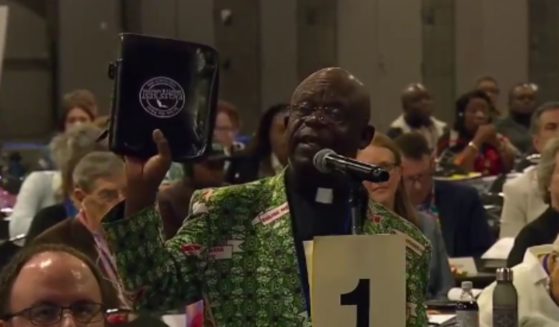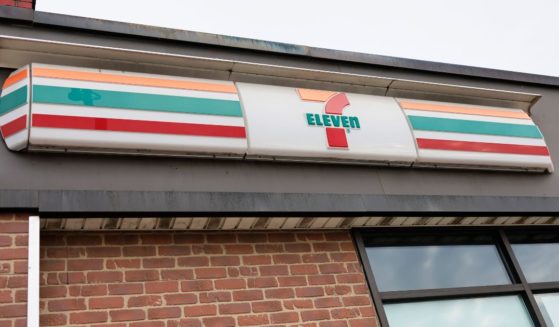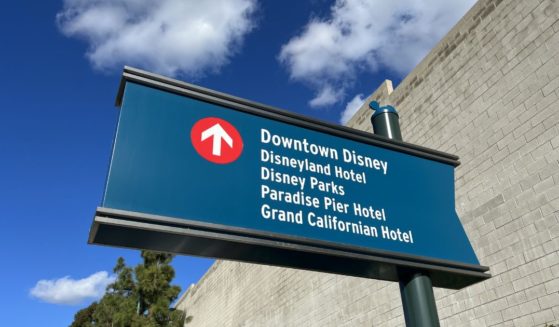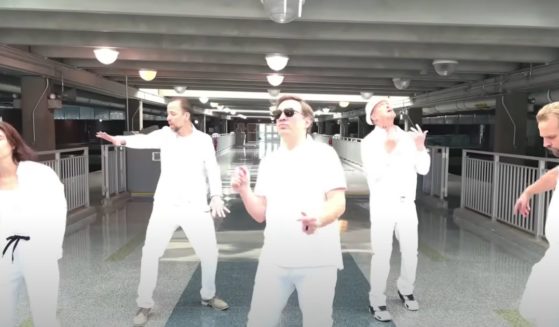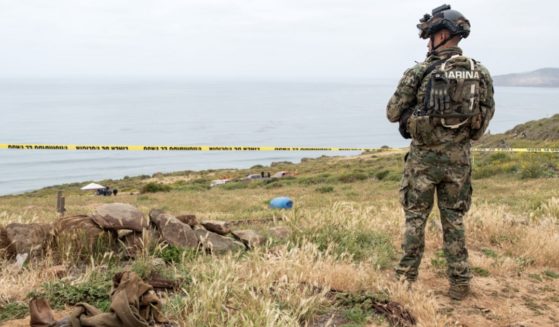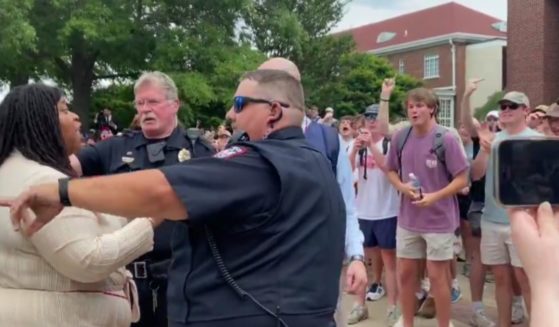Maui Residents Attempt to Fend Off Land Grab as Outsiders Swoop in 'Like ... Vultures Preying on Us'
The disaster is still fresh, but that isn’t stopping some predatory investors from trying to pick up a piece of property in the area of Maui destroyed by wildfires.
The problem became so widespread so quickly that the Office of Consumer Protection in Hawaii has already warned residents selling out to “people making below-market offers, playing on fears of foreclosure and the cost of rebuilding,” according to Reuters.
The office didn’t want to say how many reports it had already received of low-ball offers, but clearly something prompted the warning.
“Any reported instances of misconduct will be investigated, and if confirmed, wrongdoers will be prosecuted to the full extent of the law,” said Mana Moriarty, OCP’s executive director. “Illegal conduct and those seeking to take advantage of those most vulnerable will not be tolerated.”
“It felt like we had vultures preying on us,” said retired flight attendant Deborah Loeffler, whose grandfather built a home on beachfront property in Lahaina roughly 80 years ago.
She told Reuters that she was concerned about outside investors buying up land with no interest in preserving Hawaiian culture.
The average home price in Lahaina was $1.1 million prior to the fire, or almost three times the national average of roughly $416,000, according to The Motley Fool.
Average income in the area, however, was only about 24 percent higher than the national average, Reuters said.
“Before the fire in Lahaina, the same process had continued to unfold in west Maui, where Native Hawaiians, local families, were being priced out of their homes as wealthier people from out-of-state bought second or third homes, investment properties or homes that they could retire into,” Sterling Higa, executive director of the local nonprofit Housing Hawaii’s Future, told CNN.
“And prices of housing in west Maui has vastly outstripped the wages that are paid in Maui, especially for people working in the hospitality industry,” he said.
Gov. Josh Green said last week that he had ordered his administration to find a way to put a moratorium on real estate sales for the moment, according to NPR, though he admitted that such a move might not stand up in court.
“My intention from start to finish is to make sure that no one is victimized from a land grab,” the Democratic governor told reporters during a news conference. “People are right now traumatized.
“Please do not approach them with an offer to buy their land,” he added. “Do not approach their families saying they’ll be much better off if they make a deal. Because we’re not going to allow it.”
He also said that the state would offer free legal assistance through local attorneys who volunteer to work pro-bono to protect residents.
“Native Hawaiians have a fear that is rooted in a history of dispossession,” Higa said. “For centuries now, they have watched their land being taken by foreigners.”
Others agreed.
“Fear of predatory land grabbers coming in is legitimate because it’s already happening, it’s been happening for generations now,” said Kaniela Ing, a Hawaiian community organizer who told CNN her family had lived on Maui for seven generations.
“And every time there’s a crisis,” she said, “it accelerates.”
Truth and Accuracy
We are committed to truth and accuracy in all of our journalism. Read our editorial standards.

